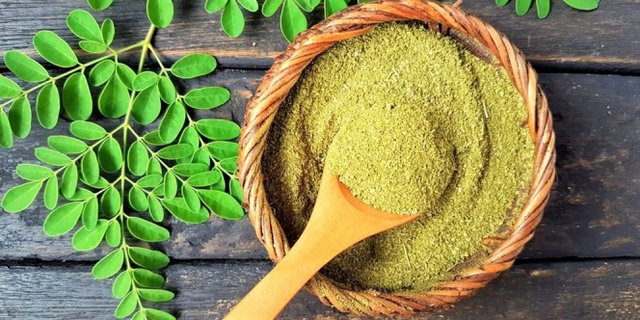In this modern era, the temperature, especially in Indonesia, is higher due to global warming. It occurs because of greenhouse gas emissions due to the carbon cycle and climate response. The annual average air temperature has increased to 0.1 0 C per year. The increasing air temperature can affect body temperature and cause oxidative stress, an imbalance condition between the production of free radicals, which is higher than antioxidants.
Free radicals are molecules formed when compounds lose electrons which later become unstable and are also natural products of cell metabolism. Living things naturally have a natural defense system against free radicals, endogenous antioxidants, consisting of enzymes synthesized by the body, such as superoxide dismutase (SOD), catalase, and glutathione peroxidase. The reproductive system will be disrupted if the antioxidants can not compensate for the free radicals.
Enzymes that function as endogenous antioxidants are not sufficient to overcome free radicals; therefore, exogenous antioxidants (derived from food consumed) are needed more to neutralize excess free radicals. Antioxidants are involved in binding free radicals by donating hydrogen atoms or protons to free radical compounds, so that free chains of free radicals can bind. Exposure to high temperature can reduce the quality of spermatozoa because in the process of spermatogenesis, temperature is a factor that affects the process.
Moringa leaves can provide a protective effect by scavenging free radicals that cause oxidative damage. Moringa leaves are plants with high nutrition and a source of antioxidants that are important for health. Moringa leaf extract produces high flavonoids (antioxidants).
The process of spermatogenesis is maintained by Moringa leaf extract and the results of this study are in line with the research of Santos et al. (2012) stated that the content of Moringa leaves, which are rich in antioxidants, can maintain the process of spermatogenesis. (*)
Author : Nur Hidayat, Student of Master Program in Reproductive Biology





